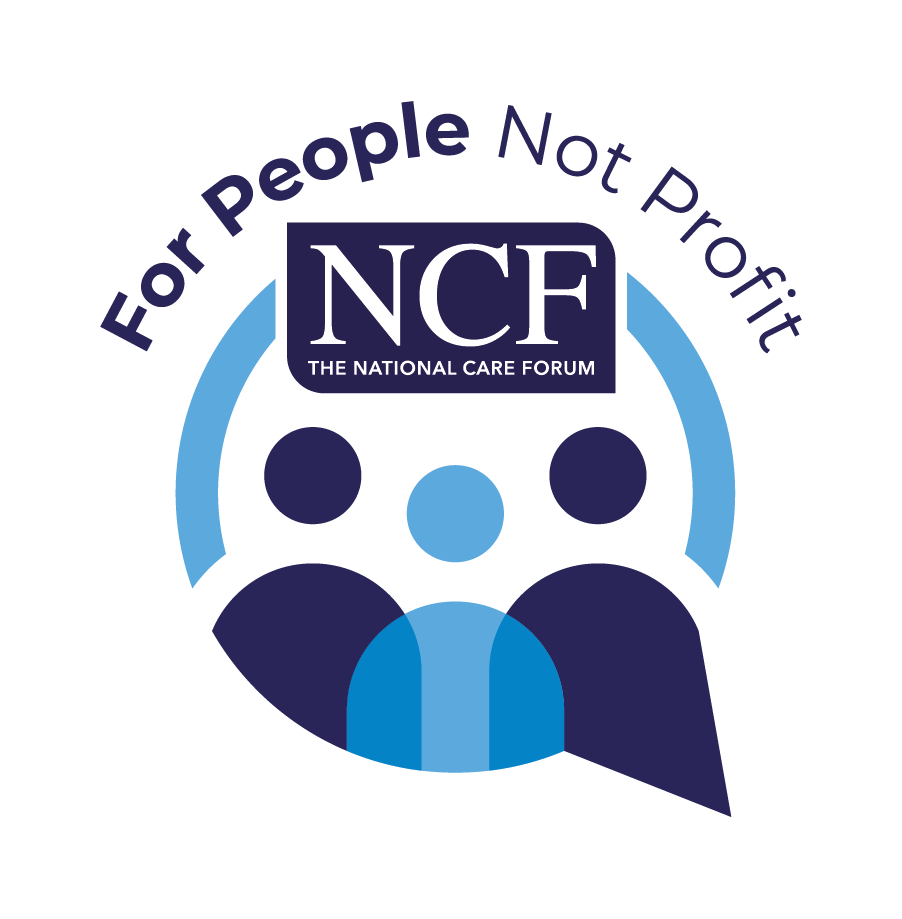
Dementia affects almost 50 million people worldwide, with a new case of dementia occurring somewhere in the world every 3 seconds. As part of World Alzheimer’s Month we want to get people talking; so there’s greater awareness and understanding of this disease.
With so many myths and misconceptions surrounding the condition, we’re sharing some advice on the difference between natural aging and those who may be displaying the symptoms of Alzheimer’s Disease.
The Alzheimer’s Society has created a useful guide to the difference between normal ageing and dementia, including examples of potential symptoms for three common types of dementia – Alzheimer’s disease, vascular dementia and mixed dementia.
Many of us get a little more forgetful as we get older and these changes are normal, even if they can be a nuisance and at times frustrating.
However, you may worry that these things are an early sign of dementia in your loved one. For most people, these changes will be the result of normal ageing, but to help you decide whether your loved one could benefit from a diagnosis from a GP, here are some key things to look out for.
| Ability | Possible changes due to normal ageing | Possible changes due to dementia |
| ‘Short-term’ memory and learning new information | Sometimes forgetting people’s names or appointments, but remembering them later | Forgetting the names of close friends or family, or forgetting recent events – for example, visitors you had that day |
| Occasionally forgetting something you were told | Asking for the same information over and over – for example, ‘where are my keys?’ | |
| Misplacing things from time to time – for example, your mobile phone, glasses or the TV remote – but retracing steps to find them | Putting objects in unusual places – for example, putting your house keys in the bathroom cabinet | |
| Planning, problem-solving and decision-making | Being a bit slower to react or think things through | Getting very confused when planning or thinking things through |
| Getting less able to juggle multiple tasks, especially when distracted | Having a lot of difficulty concentrating | |
| Making a bad decision once in a while | Frequently poor judgement when dealing with money or when assessing risks | |
| Occasionally making a mistake when doing family finances | Having trouble keeping track of monthly bills | |
| Language | Having a bit of trouble finding the right word sometimes | Having frequent problems finding the right word or frequently referring to objects as ‘that thing’ |
| Needing to concentrate harder to keep up with a conversation | Having trouble following or joining a conversation | |
| Losing the thread if distracted or many people speaking at once | Regularly losing the thread of what someone is saying | |
| Orientation | Getting confused about the day or the week but figuring it out later | Losing track of the date, season and the passage of time |
| Going into a room and forgetting why you went there, but remembering again quite quickly | Getting lost or not knowing where you are in a familiar place | |
| Visual perceptual skills | Vision changes related to cataracts or other changes in the eyes, such as misty or cloudy vision | Problems interpreting visual information. For example, having difficulty judging distances on stairs, or misinterpreting patterns, such as a carpet, or reflections |
| Mood and behaviour | Sometimes being weary of work, family and social obligations | Becoming withdrawn and losing interest in work, socialising or hobbies |
| Sometimes feeling a bit low or anxious | Getting unusually sad, anxious, frightened or low in self-confidence | |
| Developing specific ways of doing things and becoming irritable when a routine is disrupted | Becoming irritable or easily upset at home, at work, with friends or in places comfortable or familiar places |
Please don’t use the table to try to ‘spot’ dementia in yourself or your loved one. If after reading it you have some concerns, then the first call should be to your GP. If your loved one is currently living at Borough Care, please speak to one of our highly trained staff. Dementia can only be diagnosed by a qualified and experienced health professional.








